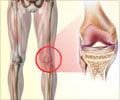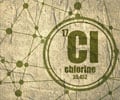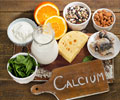An adequate intake of calcium is recommended for general bone health. Excessive calcium intake has no benefit, and could possibly be harmful.

‘Guidelines recommend that calcium intake should be between 700 and 1200 mg per day after menopause and it is best to include calcium rich foods in the diet.’





The recommended daily intake of calcium after menopause varies between 700
and 1,200 mg, depending on the endorsing society. It is uncertain whether
excessive intake can cause harm. Some epidemiological studies have raised
concern about possible cardiovascular risk, dementia or even, paradoxically,
fracture. Calcium may be obtained from food or supplements containing calcium salts. Most people should be able to get enough calcium through healthy eating, but this is not always the case. Diets in Southern European have less dairy products than in Northern countries.
Calcium rich foods
The best sources of calcium are milk and all products made from milk like yogurt, cottage cheese, cheese, buttermilk, lassi.
Fish – especially the small ones like sardine with edible bones. Broccoli, kale, spinach, turnips, bok choy (Chinese cabbage), cabbage and asparagus are good sources. Dried fruits, oat meal and seeds are fair sources of calcium.
Advertisement
Another reason for concern are the rates of over prescription of supplements above the recommended upper level of 2,000 mg/day. For example, one study found that 29% of supplements were over prescribed.
Advertisement
Source-Eurekalert















